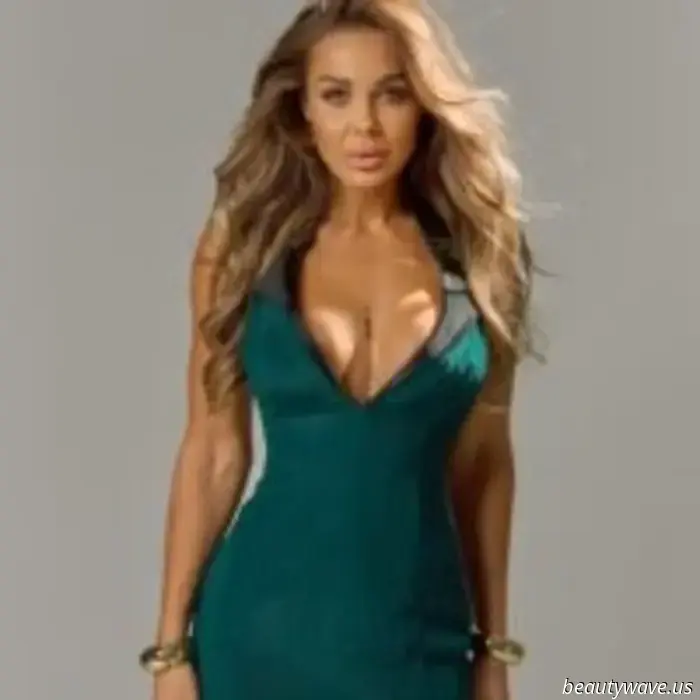
SENKEVICH: "I don't have to be liked by everyone. But I will."
SENKEVICH is one of the brightest debutantes on the Russian scene in recent years. Her journey into music wasn't built according to textbooks and schemes: without formal education, but with a deep internal drive, she went through doubts, hardships, and critical choices to finally take the main step—seriously committing to singing. In the interview, Katya openly shared why her voice became her support, how a broken heart turned into her first track, and what it means to be a "wild lioness" in a world where women are still expected to be submissive.
Katya, did you study music professionally, or did everything come through practice and intuition?
No, I didn’t study anywhere officially. Music came to me through intuition and the desire to be heard. Everything I can do is the result of experience, struggle, and inner fire. Experience, mistakes, successes, and setbacks—these are my teachers. I sang everywhere: at home, on the street, in my soul, wherever possible. And each time, I learned something new. Actually, now I finally work with real professionals—I have an amazing vocal coach, and my mentor is simply an incredible person. They help me refine what nature gave me and uncover what I haven’t yet discovered in myself.
Who supported you at the beginning?
Of course, my loved ones—they are my foundation. Friends who didn’t laugh when I sang my first songs to them in the kitchen at three in the morning. And my mom... my mom is actually my superpower! She believed in me even when I doubted myself. I remember she used to say, "Katya, you shine when you sing. That means, this is yours."
But honestly, the greatest support came from myself. There’s a voice inside me—not the one I sing with, but the one whispering in moments of doubt: "Go forward, no matter what." It has never let me down. Even when the whole world seemed against me, this inner compass always pointed in the right direction.
Did you feel that you chose a difficult path?
This isn’t a path—more like a challenge! I consciously chose not comfort, but freedom. I'm just not interested in walking the well-trodden road where everything is clear and predictable. Easy solutions aren’t for me.
I often think: which is harder—the fight for your dream or living all your life in someone else’s? Imagine waking up every morning and realizing you’re living someone else’s story—that’s truly terrifying! And hardships... they make us stronger! Every obstacle is an opportunity to grow, to become better, to understand yourself and the world more deeply.
Did you immediately feel confident on stage, or did you have to overcome nervousness?
Of course, I was scared. But once you step out—fear vanishes. The stage is always about honesty. It exposes you completely—you can’t hide or pretend. And if you’re genuine, if you come with an open heart, it accepts you. But if you fake it... well, the audience feels it immediately, believe me.
Nervousness still exists, and that’s normal! I even think that if there’s no nervousness, something might be wrong. That means you care, that you truly want to give something meaningful to people. The main thing is for the listener to feel—here she is, standing before me, genuinely wanting to say something. Not for show, not for likes, but sincerely.
How did you create your first song? Where did it all start?
From a broken heart and the desire to express myself. I remember that period—I felt like I was about to burst if I didn’t get it all out.
And you know what I did then? I sold my car. Imagine? I had such a dream about that car, waited for it so much. But when it came time to choose, I realized—either I keep this beautiful toy, or I record my first song. And I sold it without hesitation!
That was like breathing fresh air after holding my breath for so long. I finally managed to say what I had carried inside for so long. And I realized—here it is, my real wealth. It’s not in cars, but in what you can give to the world.
What emotions did you experience hearing your voice in the recording?
At first, it was unfamiliar, even distant. But then, after the fifth or sixth listen, something clicked. I heard in that voice a strength I hadn’t felt in myself before. And truth—so honest, without embellishments. And I understood: yes, that’s me. The real me, without masks or pretenses to be someone else. That voice in the recording showed me a part of myself I might have felt but never heard from outside.
What matters more to you—lyrics or music?
Truth. It can be in words, melody, or in the silence. The main thing is sincerity. Without it, both the lyrics and the sound are empty.
How did the idea for the track “Wild Lioness” come about?
It’s an anthem of female freedom. A rebellion against gilded cages. When my producer, Lesha Streltsov, showed me the demo, I immediately said: “That’s me. That’ll be a break...” He replied: “Lion’s breakdown.” We realized that the song should be released as soon as possible.
Who inspired you while crafting the image of an independent heroine?
Myself. The girl I was, constantly trying to make me “convenient.” “Katya, don’t stand out. Katya, be quieter. Katya, it’s not accepted that way.” But inside, I always felt—there was someone else inside me.
That independent heroine in my songs is the me who finally said “enough” and allowed herself to be herself. Without apologies, without excuses. Just being.
What does being “a wild lioness” mean to you?
Being yourself. Not waiting for approval. Not adjusting. Living according to your nature—not based on others’ expectations.
Why does the song protest against glamour and elite showiness?
Because all of that is fake. I’m not talking about storefronts. I’m about real feelings. Let a man not buy his way out, but truly care. A “lioness” should have a real lion, not an ATM in a shirt.
Why does the heroine of the song rush along the MKAD, not walk along Patriarch? Is it a metaphor?
Yes. MKAD—this is energy and freedom. And Patric—about vanity. People there play roles, not live authentically. Success isn’t about shouting; it’s about being. It’s visible in your gait, your gaze, your actions.
What’s the main message in the song for you?
“I don’t have to please everyone. But I will. You have no choice.” It’s about an inner right to be oneself—beyond bounds and others' expectations.
Is there a line from the song that you could call your motto?
“You even know, the Jungle has its laws”—there are always rules of the game that everyone must accept. But that doesn’t mean you can’t express yourself. The beauty is in being able to freely express yourself, knowing all the rules. It’s not just words. It’s my character.
Why do you think it’s so important today to talk about the freedom to be yourself?
Because there’s too much fake around. We are taught to be “correct,” but not genuine. And the real strength and real music lie precisely in the right to be ourselves.


Other articles
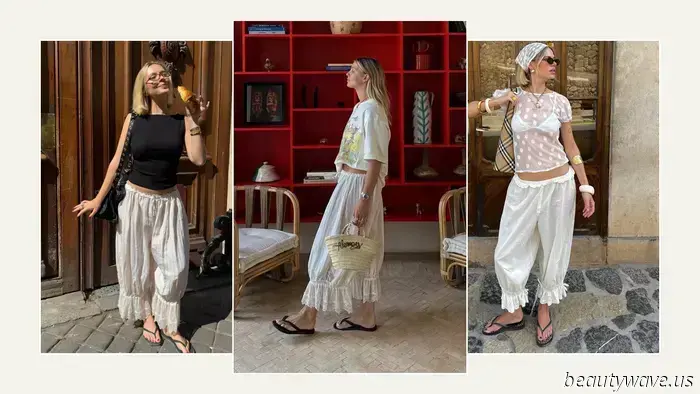 Not Linen, Not Denim: The Adorable Trouser Trend That People in Paris and London Are Sported Relentlessly.
How stylish!
Not Linen, Not Denim: The Adorable Trouser Trend That People in Paris and London Are Sported Relentlessly.
How stylish!
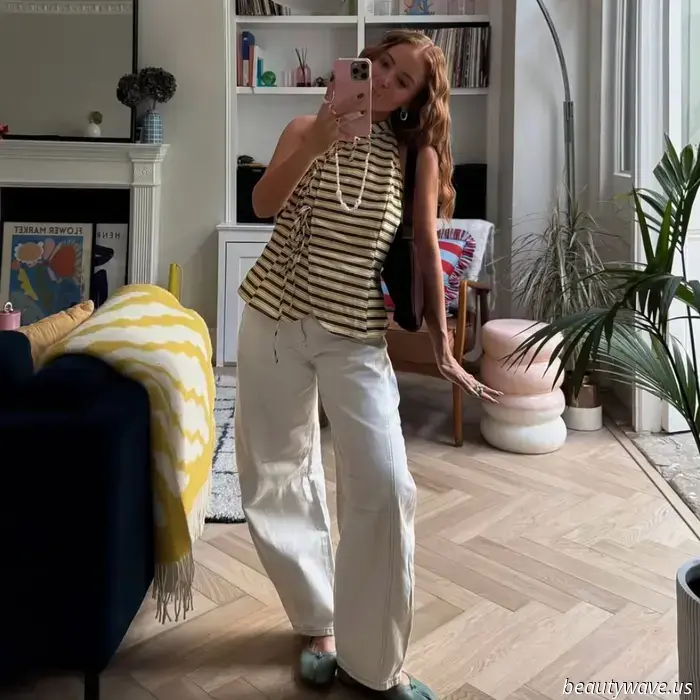 The Nordstrom Anniversary Sale is coming to a close—here are the beauty products I'm snatching up while I have the chance.
The Nordstrom Anniversary Sale is drawing to a close. Check out the top beauty products favored by editors that are still available.
The Nordstrom Anniversary Sale is coming to a close—here are the beauty products I'm snatching up while I have the chance.
The Nordstrom Anniversary Sale is drawing to a close. Check out the top beauty products favored by editors that are still available.
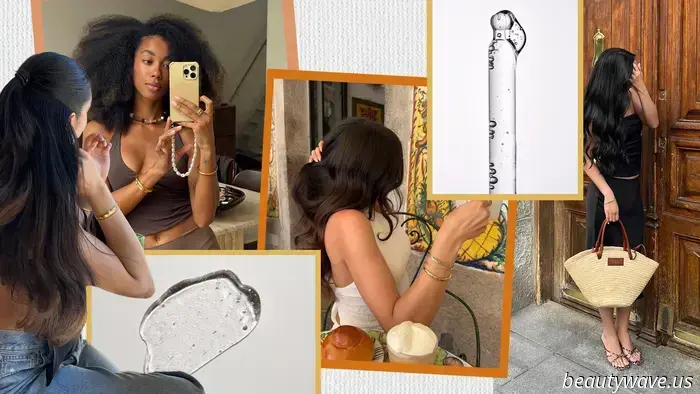 This ingredient can reduce the appearance of five years from your skin and may also strengthen fine hair.
Exosomes are not merely a fashionable component in skincare; they are also quite effective for adding thickness to fine hair. Here's what an expert advises you to understand.
This ingredient can reduce the appearance of five years from your skin and may also strengthen fine hair.
Exosomes are not merely a fashionable component in skincare; they are also quite effective for adding thickness to fine hair. Here's what an expert advises you to understand.
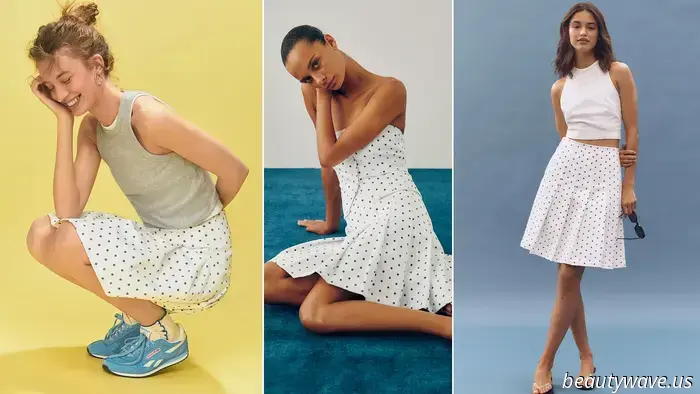 I unintentionally packed just a single skirt for my trip, but I was able to put together five different outfits with it.
It's the summer's skirt.
I unintentionally packed just a single skirt for my trip, but I was able to put together five different outfits with it.
It's the summer's skirt.
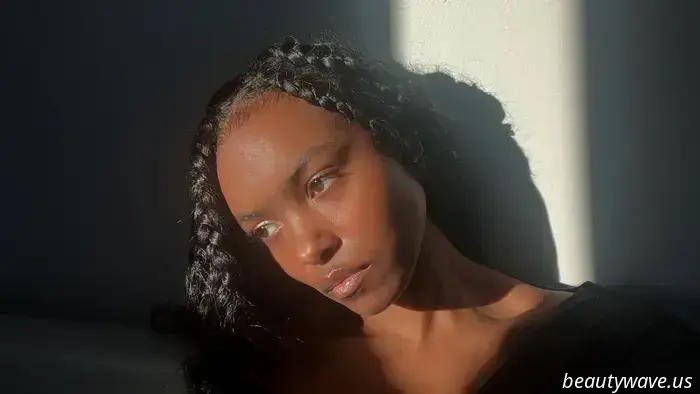 TikTok Claims This $48 Toner Is the Key to Glassy Skin, But Honestly, These Sale Items Are Equally Impressive.
Beginning at only $10.
TikTok Claims This $48 Toner Is the Key to Glassy Skin, But Honestly, These Sale Items Are Equally Impressive.
Beginning at only $10.
SENKEVICH: "I don't have to be liked by everyone. But I will."
SENKEVICH is one of the most prominent debutants on the Russian scene in recent years. Her journey into music was not shaped by textbooks and schemes: without formal education but with a strong inner drive, she overcame doubts, difficulties, and important choices to eventually decide to pursue singing seriously. In an interview, Katya candidly explained why her voice became her support,...
